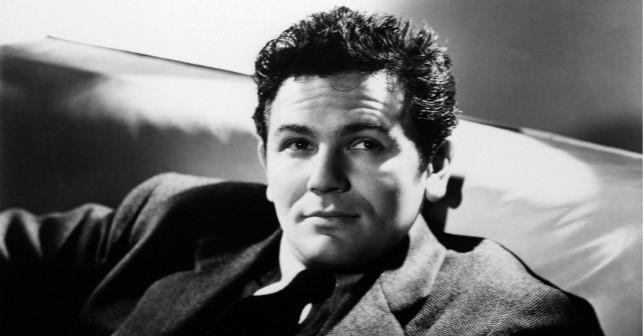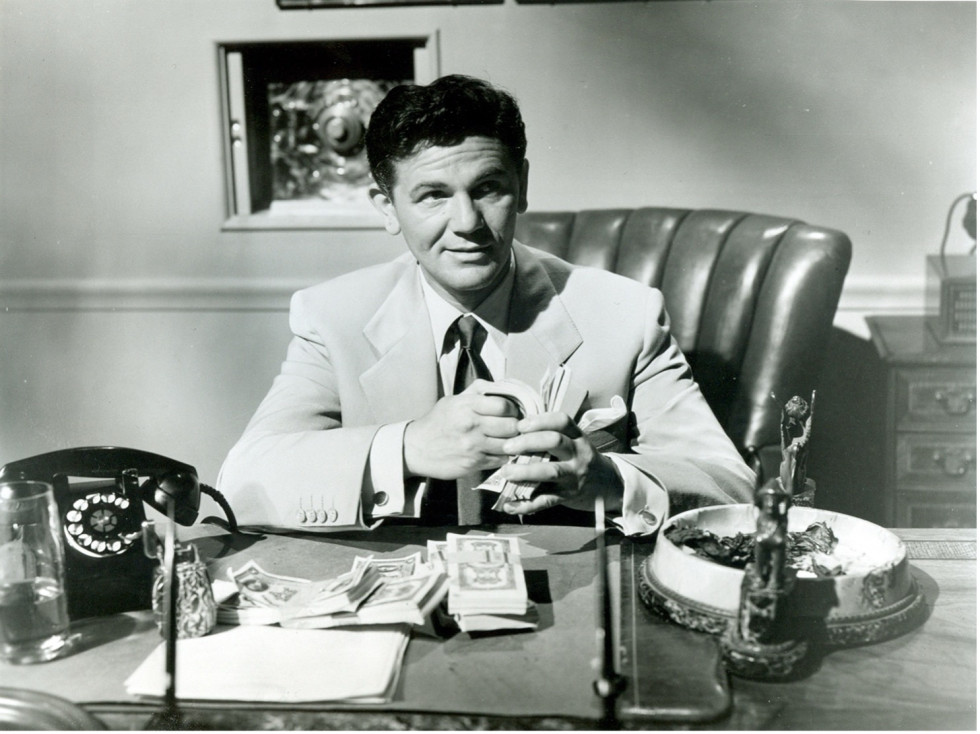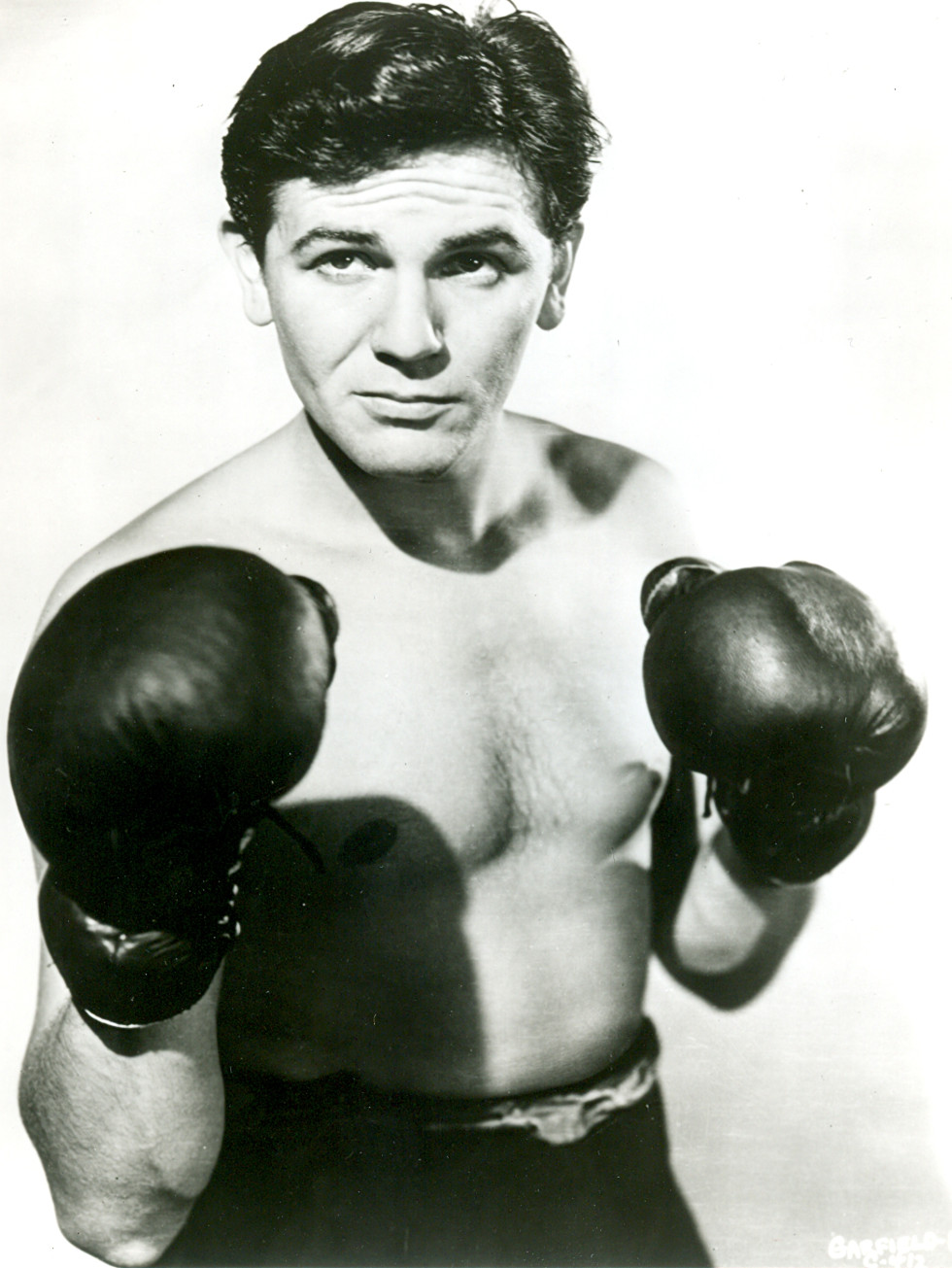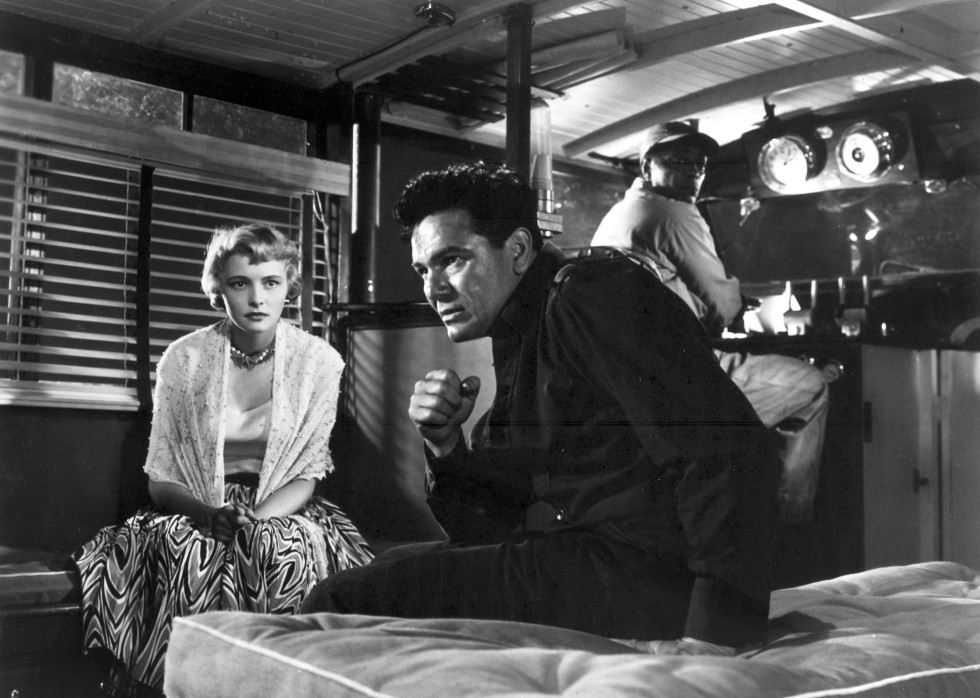
April 23, 2025, 11:02





The 59th Karlovy Vary International Film Festival will feature an exclusive tribute to 1940s American screen star JOHN GARFIELD.
“We are excited to remember the exceptional but somewhat forgotten career of a pioneer of what, in his day, was an unusually realistic approach to acting by showing 10 titles,” says KVIFF’s artistic director and the tribute’s curator Karel Och. “No fewer than eight of them will be screened from the 35mm prints,” he adds.
Born on 4 March 1913 as Julius “Julie” Garfinkle, he was one of the first to captivate film and theater audiences with the acting style later known as method acting. As an intuitive co-creator of the techniques championed by the legendary Actor’s Studio, he influenced icons such as Marlon Brando, James Dean and Paul Newman, among dozens of others.
The nearly quarter-century acting career of this unique acting legend was influenced by the political situation in the United States at the time. Garfield first appeared on stage literally on the eve of Black Thursday and the subsequent crash of the New York Stock Exchange in October 1929. His powerful portrayal of the characters he played both in theater (American Laboratory Theatre, Group Theatre) and later in film grew from his strong social sense and intense personal experience of life on the margins of society.
Tales of Garfield’s uncommon talent quickly traveled west, and it was Jack Warner who signed him to a seven-year contract; the charismatic young actor was a good fit alongside the studio’s remarkable list of acting talent (Humphrey Bogart, James Cagney, Edward G. Robinson, Bette Davis). He was an immediate hit, with his debut performance as the bitter charmer Mickey Borden in Michael Curtiz’s Four Daughters (1938) earning Garfield an Oscar nomination.
Thanks to sophisticated screenplays and excellent directing, even the assembly-line approach to filmmaking in Hollywood’s dream factory occasionally produced intelligent and captivating films that won critical recognition, such as They Made Me a Criminal and Dust Be My Destiny (both 1939). In crime films with a socially conscious subplot about young people’s painful search for their place in Depression-era society, Garfield fully developed his natural ability to express an uncommon level of authenticity and truthfulness in any activity.
In late 1941, the United States entered World War II, and the 28-year-old Garfield’s bid to join the army was rejected because of a weak heart. His idealistic patriotism is palpable in the remarkable wartime drama Pride of the Marines (1945). One of Garfield’s most important films, though also one of his lesser known titles, it is an empathetic and dignified take on the timeless tale of an injured soldier’s return home and his attempt at adjusting to everyday life.
Garfield was an actor known for his wide range, capable of a disarming naturalness and with a capacity for carefully nuanced gestures. He could portray charming and elegant characters possessing both steeliness and vulnerability, who mixed charm and a sense of humor with bitterness and (self-)destructive rage. Thanks to his ability to truthfully portray any situation, directors and screenwriters were not afraid to place Garfield’s characters in extreme situations, as in the film noir classic The Postman Always Rings Twice, or Humoresque, a romantic melodrama about a violin prodigy (both 1946).
Seeking greater creative control, at the end of his contract with Warner Garfield co-founded his own production company, Roberts Productions. Working with the independent The Enterprise Studios, he shot two of the most important films of his career and indeed of the noir genre. His second Oscar nomination came for the gripping drama Body and Soul (1947), which to this day is considered one of the greatest boxing films, with a clear influence on cult pictures such as Rocky and Pulp Fiction. Screenwriter Abraham Polonsky left the job of directing the film to Robert Rossen, but for the legendary Force of Evil (1948) he took the reins himself and created a timeless monument to his disarming idealism, which viewed capitalism as corrupting men’s morals.
Garfield’s career quickly took a downturn when his name appeared in Red Channels, a pamphlet fingering Communists and their sympathizers in the entertainment industry. The accusations had a fatal box office impact on one of his final films, The Breaking Point (1950), an adaptation of Ernest Hemingway’s adventure novel To Have and Have Not, which the author himself considered the best film adaptation of any of his books.
In April 1951, Garfield was called to testify before Congress. Unlike others who collaborated with the authorities and denounced their colleagues in order to protect their own skins, the exhausted Garfield, already suffering poor health, did not “name names.” The dark noir thriller He Ran All the Way (1951) would be the final entry in the filmography of an actor for whom it was as important to sacrifice everything for the work he loved as it was to unflinchingly express his political convictions and humanist ideals. In part because he was denied the chance to do either, John Garfield’s heart gave out on 21 May 1952, when he was 39.
List of films featured in the tribute:
Four Daughters (dir. Michael Curtiz, 1938)
They Made Me a Criminal (dir. Busby Berkeley, 1939)
Dust Be My Destiny (dir. Lewis Seiler, 1939)
Pride of the Marines (dir. Delmer Daves, 1945)
The Postman Always Rings Twice (dir. Tay Garnett, 1946)
Humoresque (dir. Jean Negulesco, 1946)
Body and Soul (dir. Robert Rossen, 1947)
Force of Evil (dir. Abraham Polonsky, 1948)
The Breaking Point (dir. Michael Curtiz, 1950)
He Ran All the Way (dir. John Berry, 1951)
First-hand brews throughout the year.
Be among the first to learn about upcoming events and other news. We only send the newsletter when we have something to say.